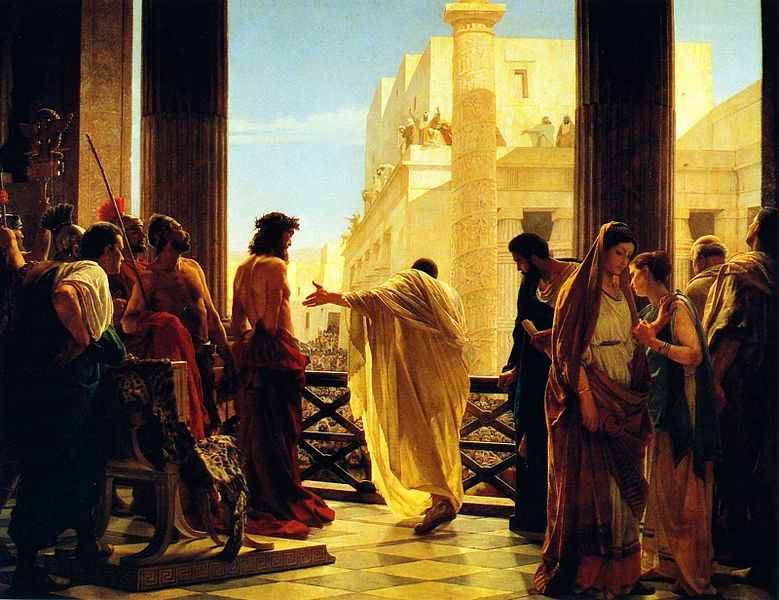I was speeding on the subway through the stations of the cross. Every eye looking every other way, counting down ’til the pain would stop. – U2, Moment of Surrender
On this day we remember Jesus walking the Stations of the Cross, from the place of his trial to the Place of the Skull – his crucifixion. It is a solemn route, a route of salvation through the most intense suffering.
Over the last couple of years I have become more aware of what my heart really desires. In a sense I’ve always been aware of it but growth is a gradual process. It’s a very rare person who has a lightning bolt experience of revelation.
The deepest desire of my heart, and I suspect of all of our hearts, is for intimacy. We long for connection to other human beings. It is the essence of who we are. We are hard wired for relationship.
The image in the above song line is of the way we rush through life on the subway, speeding to make a living but not stopping to make a life. The Stations of the Cross are a wonderful reflection timeline, scattered along the Via Dolorosa in Jerusalem. This Easter is the perfect time to stop and reflect as we stop for a few days from the rush of life.
In our culture we find it difficult to stop though. It’s like we are doing all we can to cover up some pain in our lives, something that is missing. As we speed through the subway, rushing through but not stopping at the stations to reflect, our eyes look the other way, not wanting to make contact with each other. We think the fact that everyone being on their devices and not connecting with each other is a new phenomenon, something that has arisen with the advent of our devices. But if you look at photos from a hundred years ago, you will see people lined up in the street reading their newspapers. Nothing has changed, just the way we don’t connect with each other.
Why are we fearful of connecting with each other while at the same time we yearn for it? Is it because we fear what we cannot control, because we have been hurt to the point that we cannot trust anymore? Why is it that every eye looks every other way, seemingly counting down until we can finally get off that train and not feel the awkwardness of being too close to others? It’s why no one looks at each other in lifts. We don’t want to be in each other’s personal zones.
Connection to each other is what we are made for. Jesus’ suffering and brutal death is a reminder of what love will do to be close to us. It is while we were still bitter enemies of him that Jesus died for humanity, to be close, to connect and to be intimate. That is what love is, and it changes the world.
 Another Easter has come and gone. As we reflect on what it means 2,000 years after the event, I am reminded that the circumstances in which the world finds itself in today, early in the 21st century, are similar to that in which the first Christians found themselves 2,000 years ago.
Another Easter has come and gone. As we reflect on what it means 2,000 years after the event, I am reminded that the circumstances in which the world finds itself in today, early in the 21st century, are similar to that in which the first Christians found themselves 2,000 years ago.





